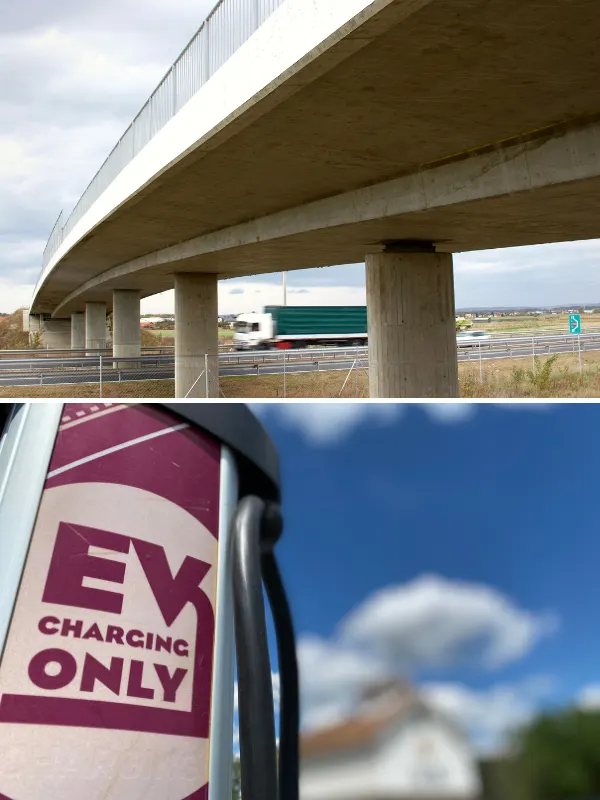 2022 is a pivotal year for Minnesota’s clean transportation future. The House and Senate have introduced their transportation omnibus bills which will determine how money is spent and how policies are shaped with regard to clean transportation in our state. The Legislature must ensure that these bills will make Minnesota competitive on clean transportation nationally while protecting what we love most about our state.
2022 is a pivotal year for Minnesota’s clean transportation future. The House and Senate have introduced their transportation omnibus bills which will determine how money is spent and how policies are shaped with regard to clean transportation in our state. The Legislature must ensure that these bills will make Minnesota competitive on clean transportation nationally while protecting what we love most about our state.
The Legislature’s actions directly impact how effectively Minnesota can participate in the Bipartisan Infrastructure Law (BIL). Minnesota is projected to receive nearly $5 billion in federal transportation funding over the next five years. An additional $200 billion will be available in the form of competitive grants, many of which require the recipient to match a certain percentage of those funds. The Minnesota Department of Transportation (MNDOT) has determined that we will need to set aside $185 million per year for state and local matching funds to draw down and compete for BIL funding. If Minnesota fails to set aside matching funds, we will lose the opportunity to access tens of millions of dollars.
Right now, the House version of the transportation bill does include these matching funds. However, the Senate version does not. The Legislature needs to work together to ensure that Minnesotans are not leaving any BIL funding on the table. This move is especially critical for small cities and townships. Many rural communities do not have the resources technically or monetarily to compete for these grants on a national level. The Legislature must help these communities prepare and compete for these grants. This is especially true after witnessing many small Minnesota communities pass on American Rescue Plan funds.
The Senate version of the transportation bill is even more troubling as it has provisions that put the $68 million in BIL funding for EV charging infrastructure in jeopardy. Rural communities are especially dependent on these funds to create a more robust public EV charging network that reduces rural EV drivers’ range anxiety and helps us confidently make the switch to vehicles that are more affordable to fuel and cleaner to drive.
While some Minnesota lawmakers play games with our future, states including Arkansas, Kentucky, and West Virginia have already been working for months on legislation that puts processes in place to compete for these grants—including those targeted to rural communities, such as the Rural Surface Transportation Grant Program.
Other states will be ready to compete for BIL funds while Minnesota is still figuring out how to make it to the starting line.
The Bipartisan Infrastructure Law has so many opportunities for communities in rural Minnesota. to strengthen our economy and ensure that we are not left behind in a clean transportation future. Now is the time to let your state Senator know you need them to work for rural Minnesotans like you and to stop playing partisan games with our future.


